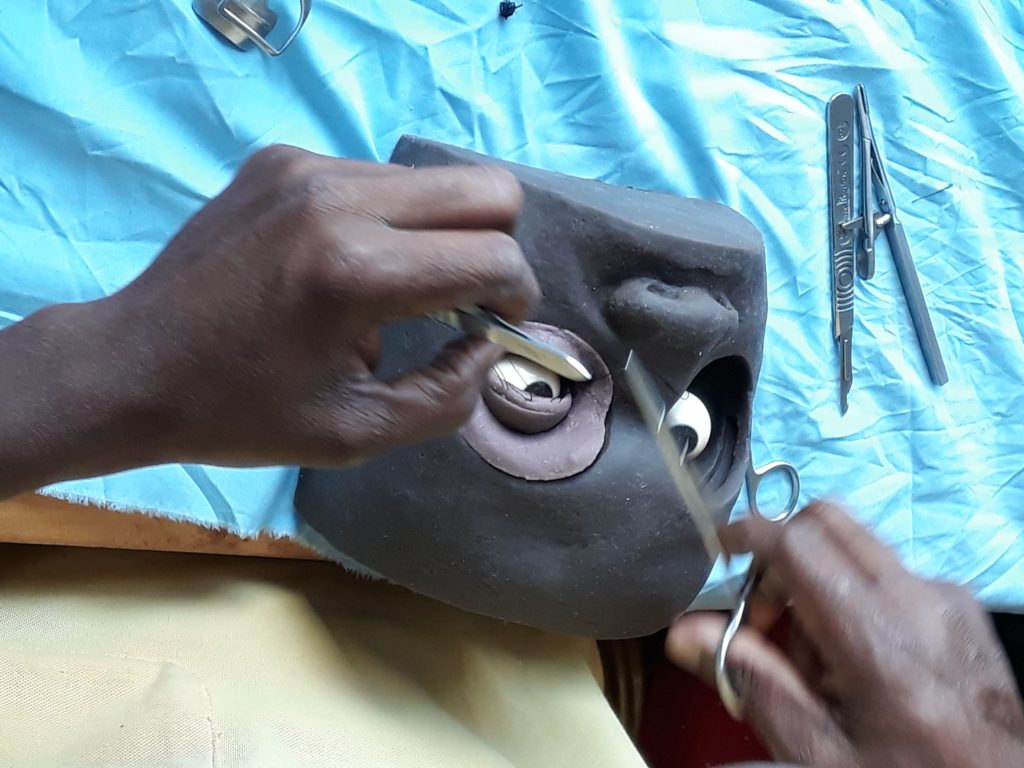Funders
Standard Chartered Bank “Seeing is Believing”
Location
Pakistan
Dates
2014-2020

Pakistan is a large country with a population of over 200 million, with many being vulnerable in terms of health. According to the National Blindness Survey 2004, the prevalence of blindness is 0.9% indicating that around 1.5 million people are blind and non-communicable diseases such as Diabetic Retinopathy (DR) and Sight Threatening Diabetic Retinopathy (STDR) are on the rise. Two projects (SiB phase 5 and SiB extension) were managed by Sightsavers and funded by the Standard Chartered Bank. They were designed to prevent visual impairment due to DR through early detection, regular follow up and appropriate management of STDR amongst known diabetics in order to contribute to the reduction of avoidable blindness in three districts of Pakistan.
Tropical health was commissioned to evaluate the achievements of the two projects and look at the strengths and weaknesses of the approaches and establish what worked, and what could have been done differently. The learning, findings and recommendations emerging from this evaluation will be important for implementors’ and partners’ wider programming design and decision making.
The Tropical Health team originally planned to use a mixed methods approach, including field visits to the three sites. Due to the Covid 19 pandemic and in line with global lockdown rules, Tropical Health re-designed the evaluation to be purely desk based. Quantitative and qualitative methods were utilised, analysing programme management data as well as data gathered from remote semi-structured interviews with programme staff and partners at global, national, district and community levels. A debriefing session was held remotely with programme management teams.
Tropical Health delivered an evaluation report and held a dissemination learning seminar. The target audience being funders, partners, programme staff, and Sightsavers global support teams.
The Tropical Health team found that the projects successfully achieved their targets and in fact exceeded some of them. They demonstrated that a DR screening service can be established both in public and non-government sectors and showed the feasibility of a referral pathway for patients with diabetes for DR screening from the PHC level to the tertiary care level. The projects identified capacity gaps and tested approaches to strengthen these capacities. A good level of sustainability was achieved but a need for an intermediate screening service was identified.
Global Fund / Nigeria National Malaria Elimination Programme
Nigeria
2023 - 2024
Belgian Cooperation/ Light for the World
Democratic Republic of Congo, Rwanda, Tanzania
2021-2022
UK Aid and People’s Postcode Lottery / Sightsavers
Malawi, Uganda
2023 - 2024